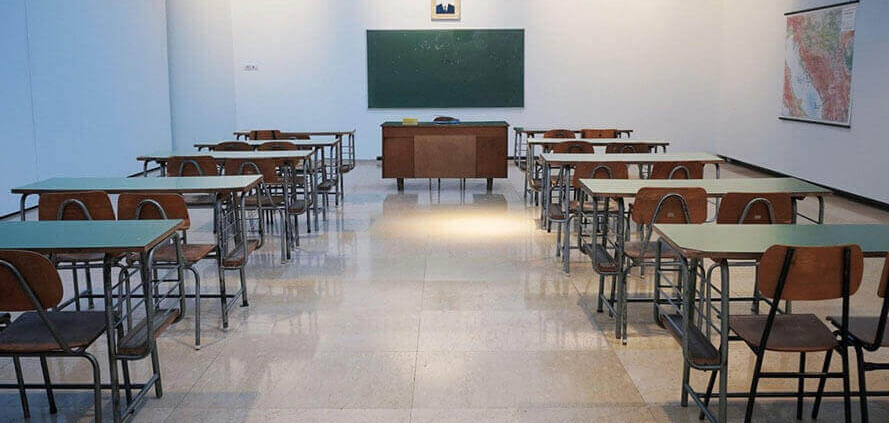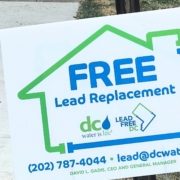Pediatricians, the Pandemic, Politicization and Polarization
Almost everything about the COVID-19 pandemic has been politicized: mask wearing, school re-opening, vaccination development, social distancing protocols, and many other public health and scientific efforts and recommendations. This politicization undermines public health efforts, science, and public trust. It also creates a polarization that makes dialogue, trust building and any progress forward very challenging. Most critically, this politicization and the ensuing polarization harm the health and well-being of children. While less impacted by morbidity and mortality due to coronavirus, children have borne the brunt of the coronavirus pandemic in a myriad of ways, from watching family members cope with illness, unemployment and other challenges, to social isolation and academic disruption due to school closures. In the spring of 2020, with the coronavirus racing around the globe, most US schools shut down for in-person learning, affecting over 50 million public school students.

Photo by Deleece Cook on Unsplash
Let’s focus on school reopening. One year later, many communities are still grappling with when and how to send students, teachers and staff safely back to school. What started as two weeks of school closures has evolved into a yearlong debate that has become politicized and polarized. Communities are seeing parents, teachers’ unions, school boards, and school districts plunged into conflict. As spring turns to summer and school districts release plans for the fall, families will need to weigh the risks and benefits of returning to school in-person. And we’re asking families to do it during a time of tremendous conflict and controversy.
If ever there was a moment for pediatrics, this is it. Pediatrics is part of the solution to politicization and polarization. Our exam rooms and our interactions with families create a space for open dialogue and honest communication. Families face a barrage of information from traditional and social media sources, as well as their friends, family members, and communities. Our exam rooms, our video visits, our phone calls with patients and family members – these are all spaces where we can remove polarization and politicization of issues like return to in-person schooling and apply a family-first focus. Much has been written about what we can do at a policy level, and much controversy remains, but let’s focus on the practice level.
The conversation with every patient and family about return to in-person school is going to be individual and nuanced. We must provide our patients the space, a safe space, to express their concerns about in-person school and virtual school. We can help families weigh the risks and benefits in their own family, and for each child, of different school options. We can share what we’ve learned about coronavirus and school safety. We can discuss how to best meet each child’s needs, by considering their academics, their nutrition, their physical activity, their socialization. And we can help families figure out what kind of return to school is going to work best for their child – virtual, hybrid, in-person, or even a slow ramp up to an in-person experience. Our visits with patients and families can focus on their unique questions and considerations, not the broader public debate and discord.
Let’s not let this opportunity pass us by. Families are counting on us to be the safe space focuses on their child, and their family. Let’s make our practices the prescription for politicization and polarization.
Header Photo by Ivan Aleksic on Unsplash
About the author

Danielle G. Dooley, MD, MPhil, FAAP
Medical Director, Community Affairs and Population Health within the Child Health Advocacy Institute at Children's National Hospital










